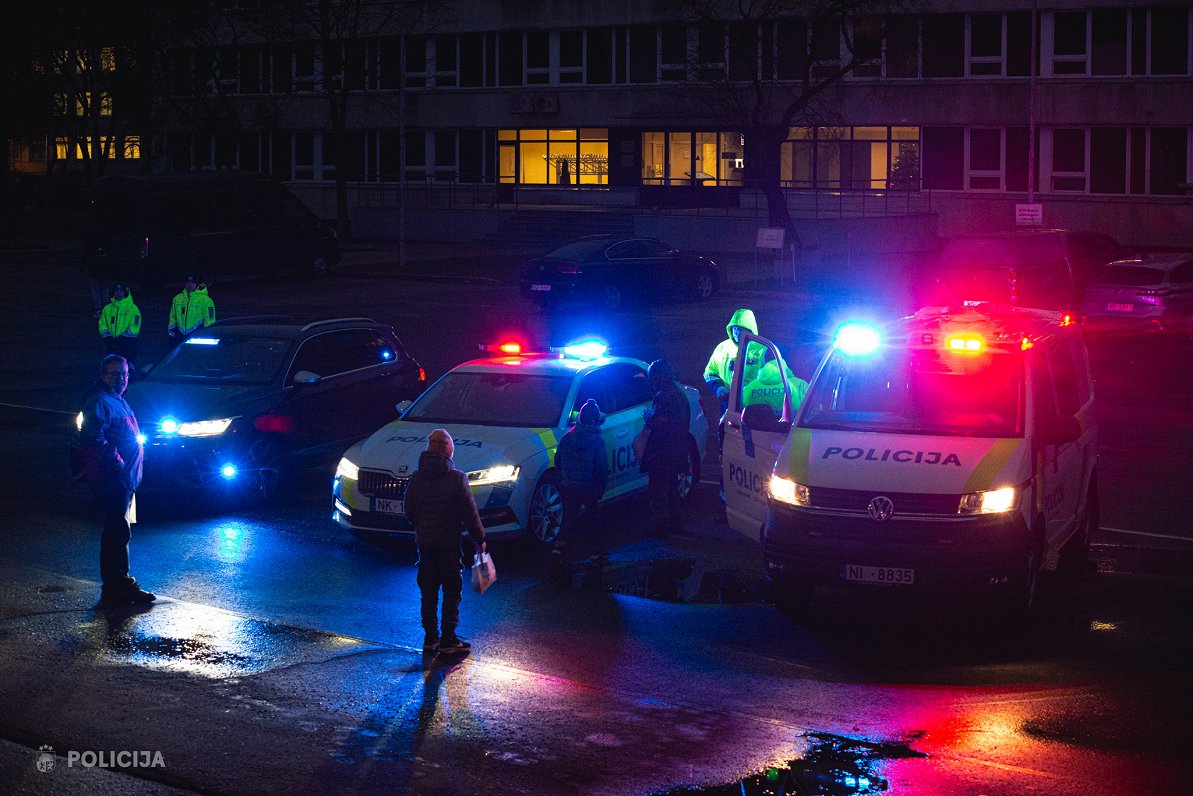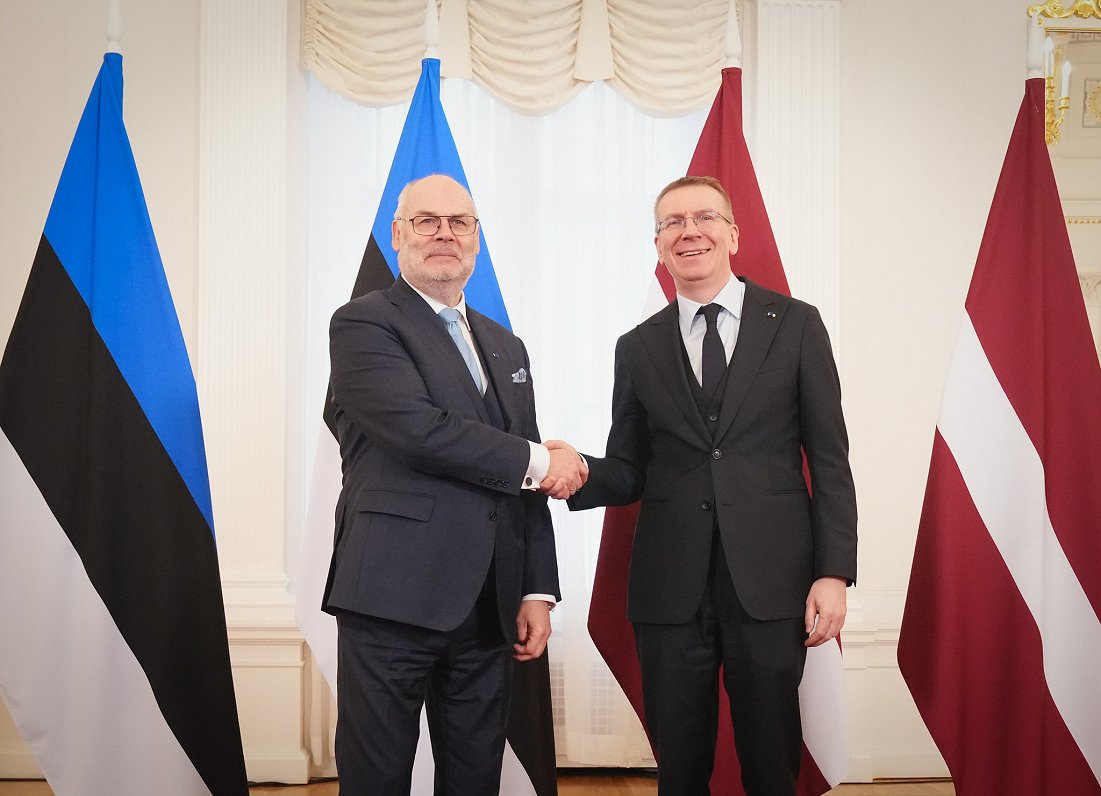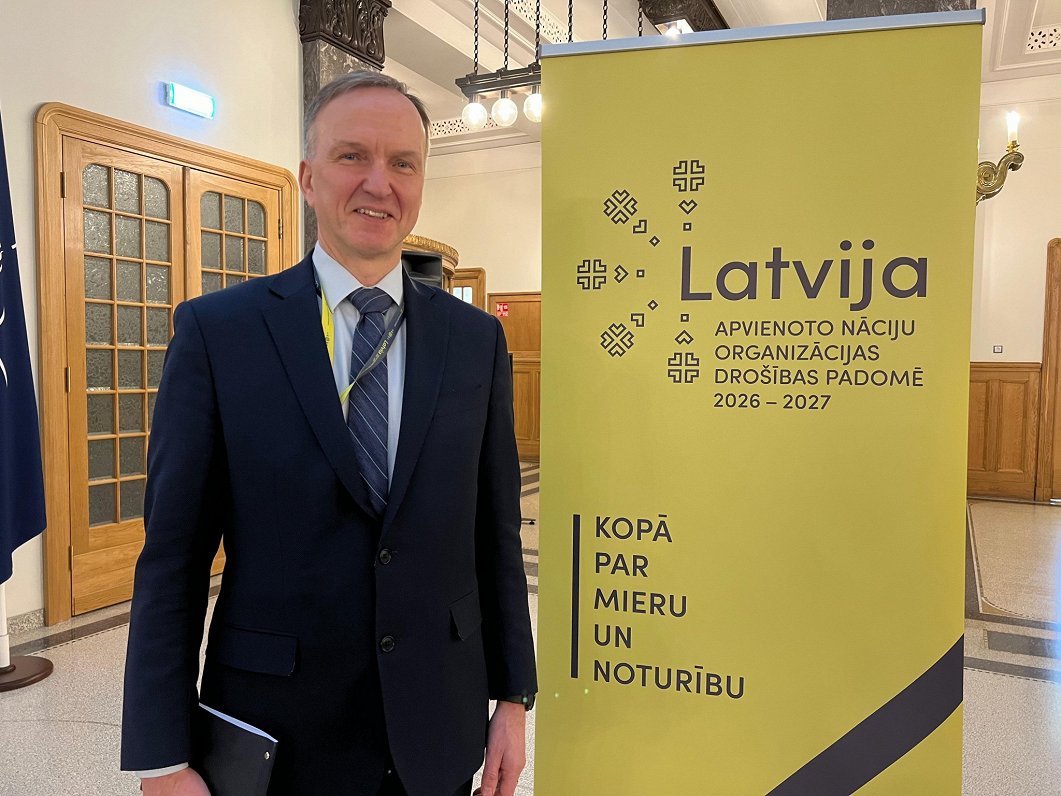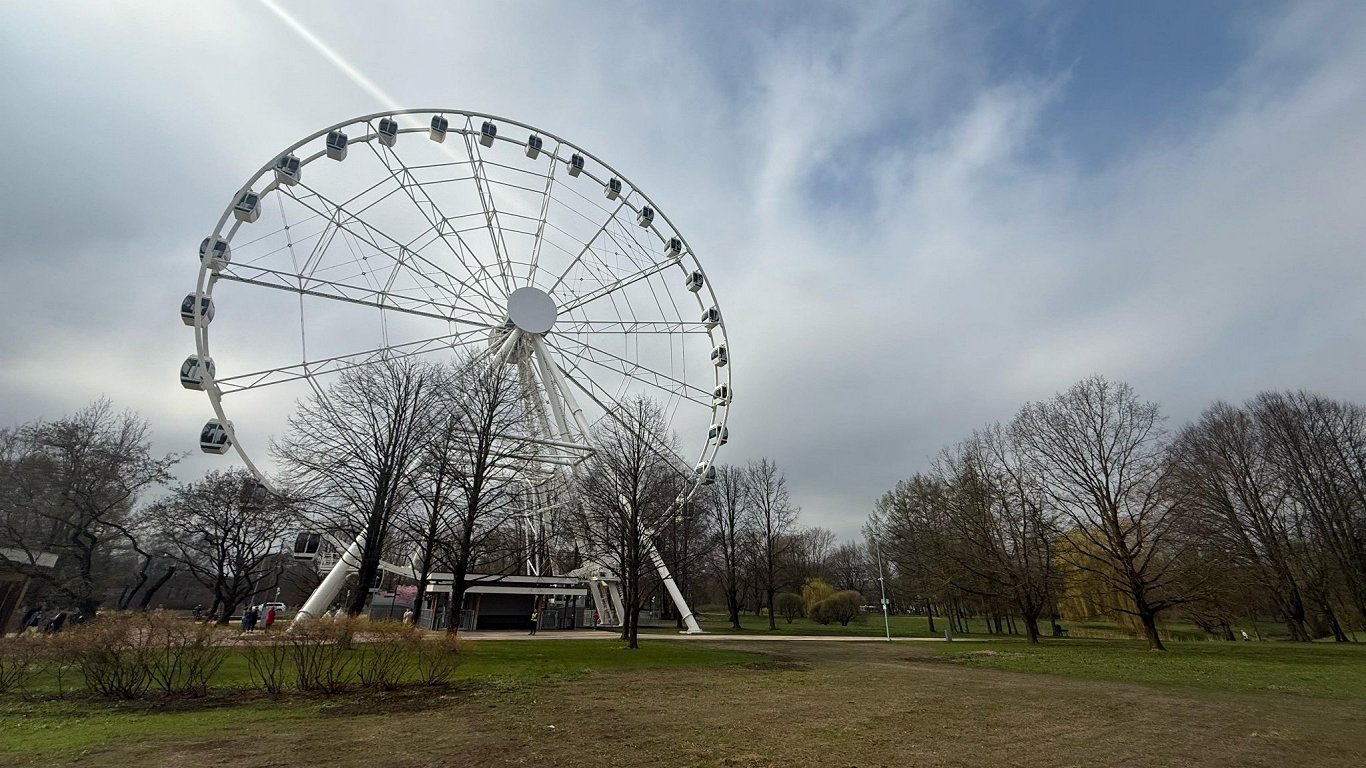In settlements close to the border with Belarus, TV and radio content produced by the neighboring country is freely available for reception, and is consumed by many locals. The authorities say they cannot influence the situation, and the solution proposed is strengthening local media, Latgale regional television reported on December 4.
The question about people consuming Russian and Belarusian media in the border area has been raised a lot over many years, especially since Russia’s invasion of Ukraine, but seemingly not much can be done about it – at least no significant changes are observed.
In Silene, about 10 kilometers from the Belarusian border, about five different radio stations from neighboring countries can be received in a car. There are also political channels in both Belarusian and Russian.
Locals not only in Silene, but also in other border villages are not shy to admit that they are interested in the content of neighboring media and trust the information they provide.
Stepans from Silene: “I like it, yes. It’s interesting to listen to what’s happening. What do they say about us? They don’t seem to say anything bad. Only about what’s going on in the world.”
Ivars, a resident of Asūne: “I believe them more than us. Films. On Saturdays and Sundays there’s [Andrei] Malakhov, [a popular presenter in Russia], musical programs.”
Industry experts point out that in any country, the radio and television signal does not stop right at the border and there is simply no way to limit it. It is up to the individual to consume or not the content of neighboring countries, but Latvia’s media coverage is ensured almost throughout the country.
“The TV signal will be received in the direction in which the user turns the transmitter. This applies to programs on the other side of the border,” said Vineta Sprugaine, spokesperson for the Latvian State Radio and Television Center.
Sandra Sprudzāne, an expert at the Council for Public Electronic Media, said: “The key word is the environment where he lives. It is also possible that there is a lack of alternatives. This also has an impact on not knowing what to replace the content with.”
The Ministry of Culture sees the solution as strengthening local media by providing content that the public is interested in consuming.
“Commercial media, including regional media, are being strengthened, with both direct and indirect support mechanisms. Significant financial resources are being invested in the public service media, which plans, among other things, to increase its presence on the eastern border,” said Kristers Pleshakov, Head of the Ministry’s Media Policy Unit.
The latest data from a survey on media literacy in Latvia show that 40% of the population does not fully understand the media system and its principles.






